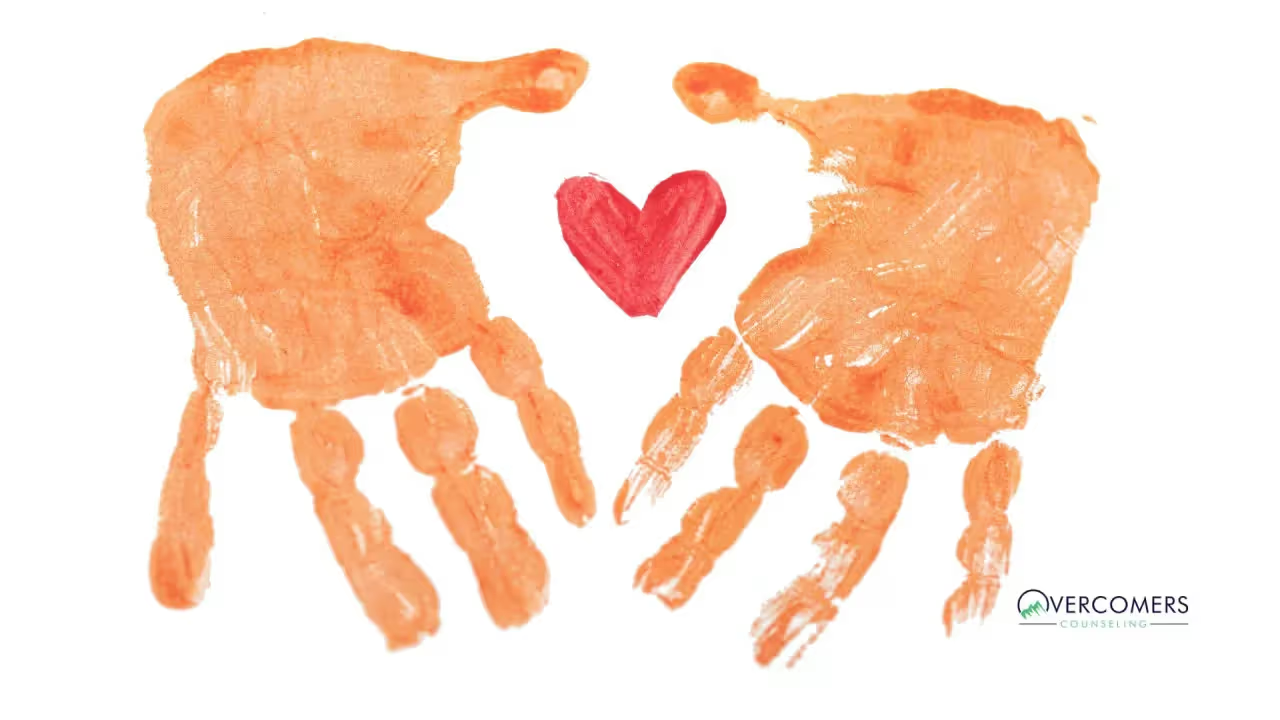Depression is a pervasive and debilitating condition that can affect anyone, including our adult children. As parents, it's often challenging to know how...

Depression is a pervasive and debilitating condition that can affect anyone, including our adult children.
As parents, it's often challenging to know how best to support and guide them through this tough time.
In this blog post, "How to Help an Adult Child with Depression," we aim to equip you with practical, compassionate strategies to aid your loved ones in their battle against depression.
These steps provide a roadmap for fostering understanding, offering support, and promoting healing.
Open communication is the cornerstone of supporting an adult child through depression. It's crucial to create a safe and non-judgmental environment where your child feels at ease talking about their feelings and struggles.
Show them that you're there to listen, not to judge or offer unsolicited advice.
Encourage them to express their emotions freely, even when they're negative or uncomfortable.
Your willingness to engage in open, empathetic dialogue can help to reduce their feelings of isolation and despair.
Remember, it's not about having all the answers; it's about showing them that they don't have to face their challenges alone.

Educating yourself about depression is a significant step in supporting your adult child effectively.
Familiarize yourself with the symptoms, potential causes, and various treatment methods of depression.
Understanding the complexities of this mental health condition can help you empathize with your child's experience and provide appropriate support.
It's also beneficial to learn about the common misconceptions surrounding depression to avoid inadvertently invalidating their feelings or experiences.
Your education on the subject can equip you with the right tools to navigate conversations about their mental health, identify warning signs, and guide them toward professional help when necessary.
Encouraging your adult child to seek professional help is a crucial step in their journey towards managing depression.
While your love and support are invaluable, the expertise of mental health professionals can provide them with effective treatment strategies tailored to their needs.
This could include psychotherapy, medication, or a combination of both. It's important to respect their autonomy in this process; encourage them to explore different therapists or treatment methods until they find what works best for them.
Your role can be to help them understand that seeking help is not a sign of weakness but rather a brave step toward healing and recovery.

Supporting your adult child through depression without enabling them is a delicate balance to maintain.
On one hand, you want to provide comfort and assistance, but on the other, it's crucial not to foster dependence or prevent them from developing their own coping strategies.
Offering support might mean helping them find a good therapist, listening when they need to talk, or even just spending time with them.
However, avoid taking over their responsibilities or shielding them from every hardship, as this can hinder their growth and recovery.
Instead, encourage them to take active steps towards managing their mental health, reinforcing the idea that while you're there for support, the journey to recovery is ultimately their own.
Practicing empathy is essential when supporting an adult child dealing with depression.
It's important to understand that depression is not a choice; it's a serious mental health condition that can drastically affect a person's thoughts, feelings, and behaviors.
Instead of offering advice or trying to "fix" their situation, simply listen to them with understanding and patience. Validate their feelings and reassure them that it's okay to struggle.
Avoid minimizing or comparing their experiences to those of others.
Remember that empathy is about understanding their perspective and acknowledging their pain, not necessarily having all the answers.
This compassionate approach can make them feel seen, heard, and less alone.
Being prepared for crisis situations is an important part of supporting an adult child with depression.
It's crucial to familiarize yourself with the signs of a mental health crisis, such as extreme mood swings, threatening self-harm or harm to others, or expressing feelings of hopelessness or worthlessness.
If such a situation arises, it's imperative to remain calm and ensure their immediate safety, which may involve calling a mental health crisis line or taking them to the emergency room.
Having a plan in place can help you navigate these challenging moments more effectively.
This includes knowing who to contact, what steps to take, and how to provide emotional support during these critical times.
Promoting healthy habits is a key part of supporting an adult child struggling with depression.
This includes encouraging a balanced diet, regular physical activity, adequate sleep, and limiting alcohol and caffeine intake, as these can significantly impact mood and energy levels.
Additionally, promote activities that can help manage stress, such as mindfulness practices, yoga, or other hobbies they enjoy.
It's important to lead by example and incorporate these habits into your own lifestyle where possible.
Remember, the goal isn't to force these habits upon them, but rather to gently encourage and support them in making healthier choices.
In conclusion, supporting an adult child with depression requires patience, understanding, and preparedness.
It's crucial to practice empathy, putting yourself in their shoes and validating their feelings, rather than trying to fix them.
Being ready for potential crisis situations can make a significant difference, ensuring you can respond effectively and promptly when needed.
Encouraging healthy habits can also play a vital role in their recovery journey.
Ultimately, while this journey can be challenging, your support and love can provide a strong foundation for their healing and well-being.
The duration of depression counseling varies for each individual, depending on the severity of their depression and their progress in therapy. Our therapists will regularly assess your progress and adjust your treatment plan as needed.
Ignoring depression can exacerbate symptoms and make it more challenging to manage over time. This can result in a negative impact on your personal, professional, and social life, leading to feelings of isolation and even thoughts of self-harm or suicide.
Therapy provides many benefits for people battling depression. Research has shown that cognitive-behavioral therapy (CBT) is particularly effective in managing depressive symptoms. In addition, therapy can teach healthy coping skills and provide emotional support during difficult times. It may also be used as part of a comprehensive treatment plan which includes medication as well as lifestyle changes such as regular exercise and improved nutrition.
If your symptoms of depression have been persistent and interfere with your daily life, it's important to seek help from a mental health professional. It's also a good idea to get medical advice if you experience any thoughts of self-harm or suicide.
Yes! In fact, it's encouraged that you open up to your therapist so they can gain deeper insight into your individual situation and develop the most effective treatment plan possible that works best for you. Your therapist is there to serve as an unbiased source of support who will respect any thoughts or feelings shared within the session without judgment or criticism.
There are many helpful resources available, including support groups, online forums, books and websites dedicated to mental health and wellness. Connecting with other people struggling with the same issue can be especially beneficial. Additionally, talking to a trusted friend or family member can provide much-needed social support during difficult times.